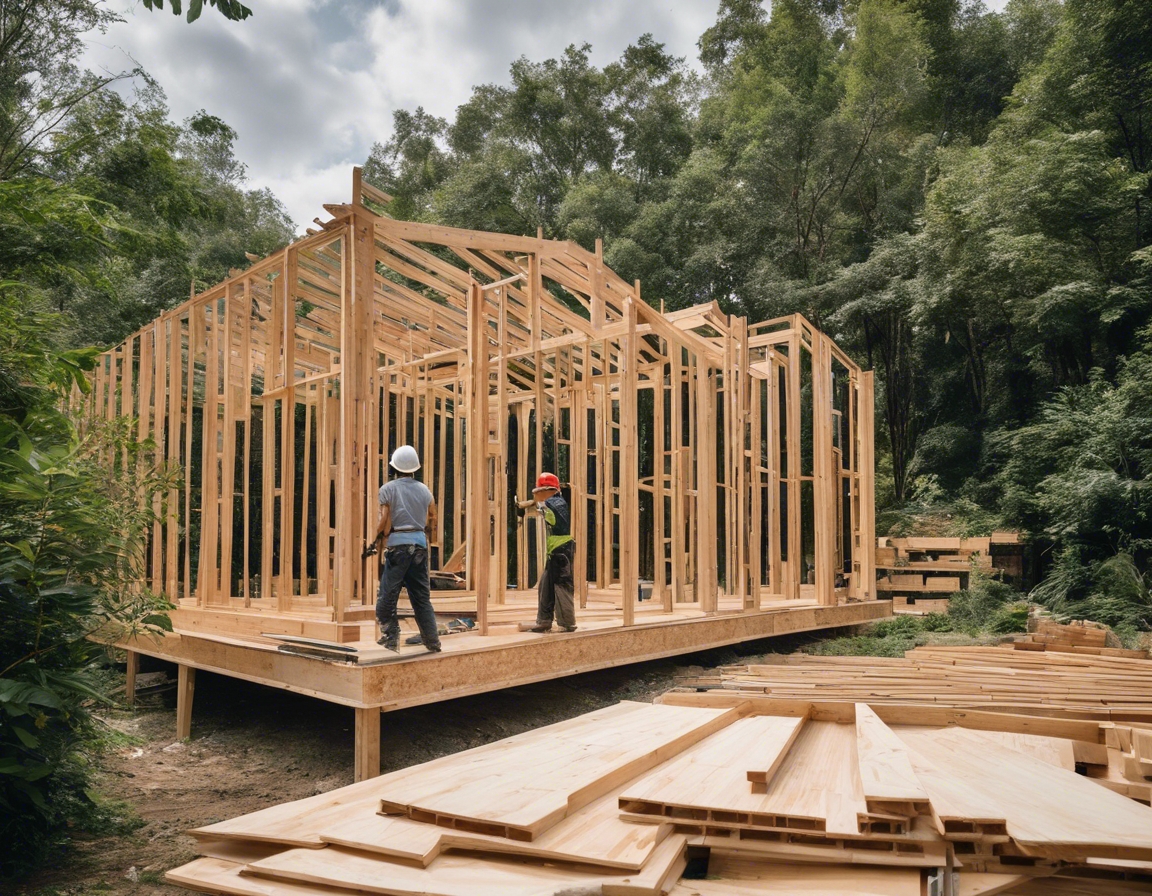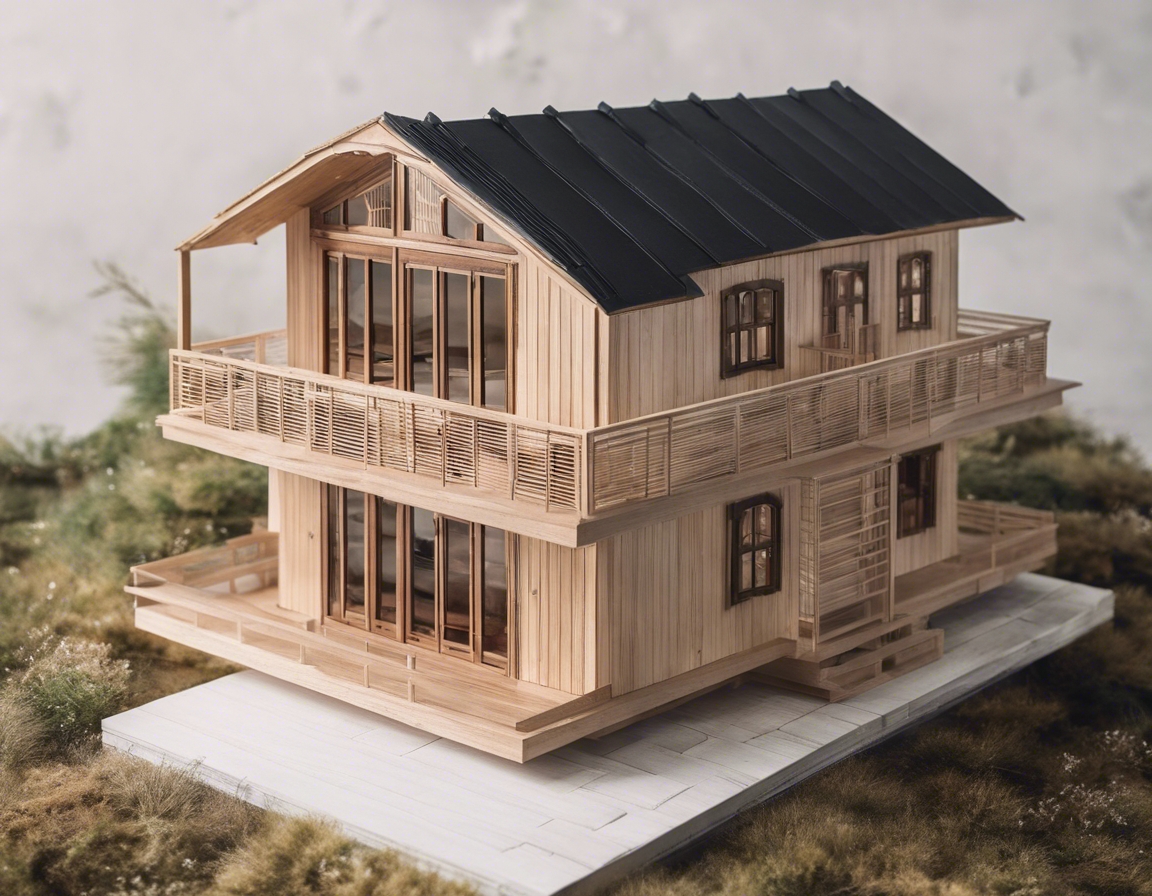Why your home's foundation matters more than you think
The foundation of a home is its bedrock, both literally and figuratively. It is the lowest load-bearing part of the building, responsible for transferring the weight of the structure to the ground. A well-constructed foundation ensures that the building can withstand not only the forces of gravity but also lateral forces, such as wind or seismic activity.
There are several types of foundations, including slab-on-grade, crawl space, and basement foundations. Each type has its own set of advantages and is suited to different environmental conditions and building requirements.
The Importance of a Strong Foundation
A strong foundation is crucial for the longevity and safety of a home. It supports the structure above, ensuring that walls remain straight and roofs stay intact. Without a solid foundation, a building can suffer from structural failure.
Foundations are also key in protecting a home from environmental factors such as moisture, soil movement, and extreme temperatures. A properly designed foundation will help to prevent water damage, insulate the home from cold, and resist the movement of the earth around it.
The condition of a home's foundation directly affects its market value and longevity. Potential buyers are less likely to invest in a property with foundation issues, and homes with strong foundations tend to have longer lifespans.
Signs of Foundation Problems
Visible cracks in the foundation or walls can be a telltale sign of foundation problems. While small cracks may be normal as a house settles, larger fractures can indicate serious structural issues.
Excessive moisture can lead to water damage and mold growth, which are not only health hazards but also signs of potential foundation problems.
Doors and windows that no longer open or close properly can be a symptom of foundation movement or warping of the home's structure.
Choosing the Right Foundation for Your Home
The type of soil and climate in your region can greatly influence the choice of foundation for your home. Different soil types can expand, contract, or shift, necessitating specific foundation solutions.
Modern foundations can contribute to a home's energy efficiency by providing excellent insulation. This not only makes the home more comfortable but also reduces energy costs.
Choosing the right foundation can also future-proof your home against potential changes in environmental conditions or building codes.
Maintaining Your Home's Foundation
Regular inspections can catch foundation issues early, and preventative measures can be taken to avoid costly repairs down the line.
If you notice any signs of foundation problems, it's important to seek professional help. Specialists like VIIKING EHITUSPARTNER OÜ can assess the situation and recommend the best course of action.






Comments (0)